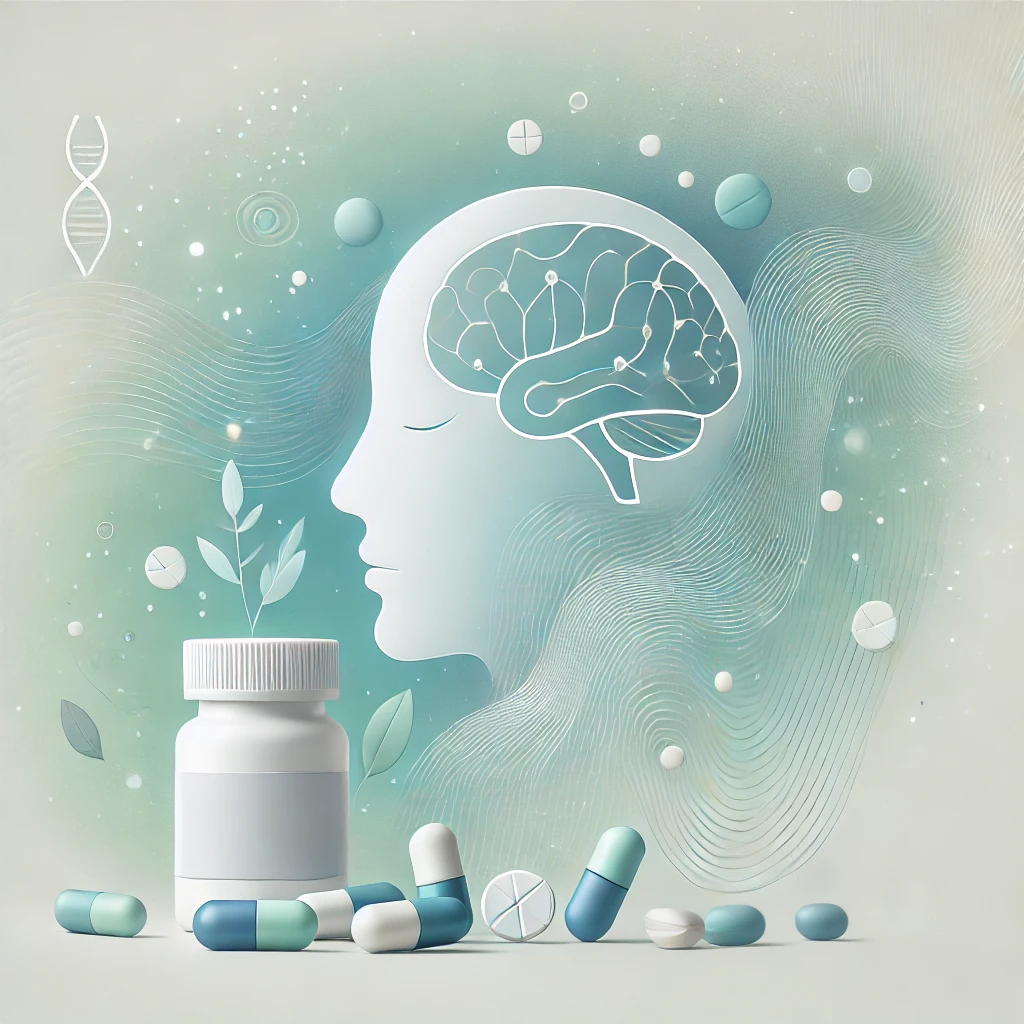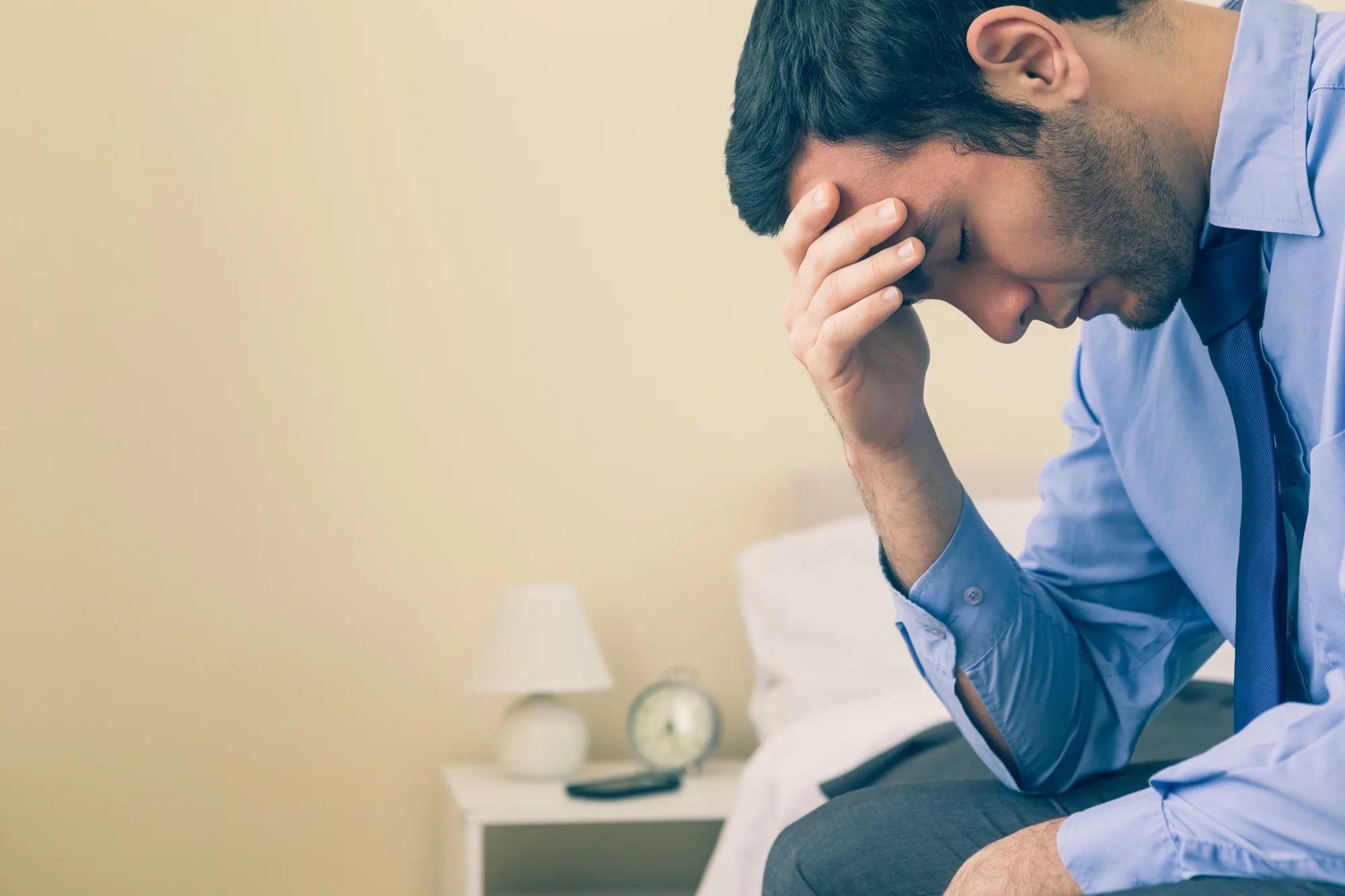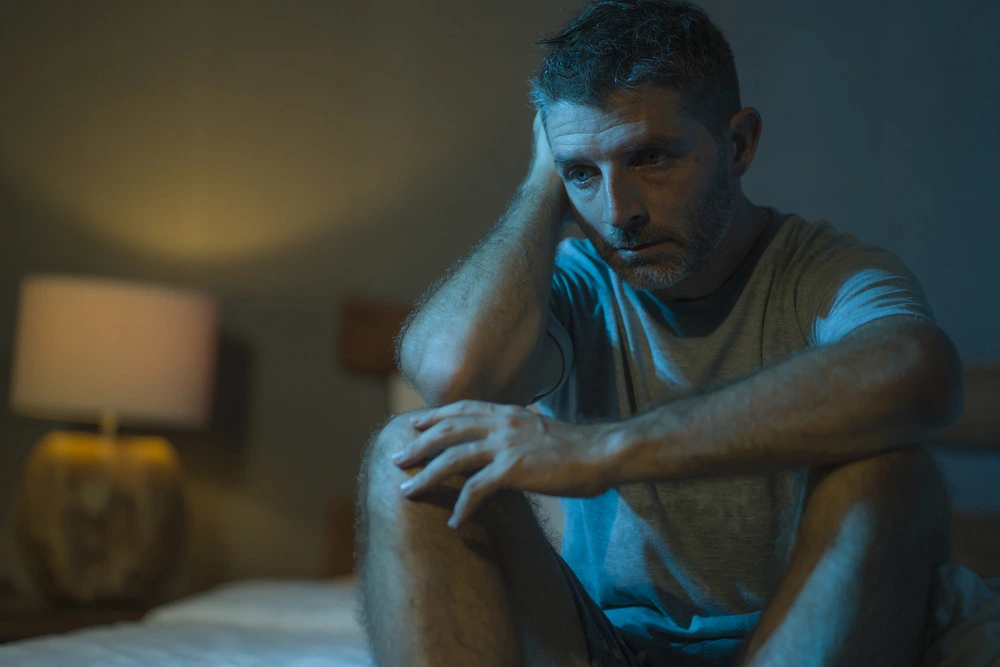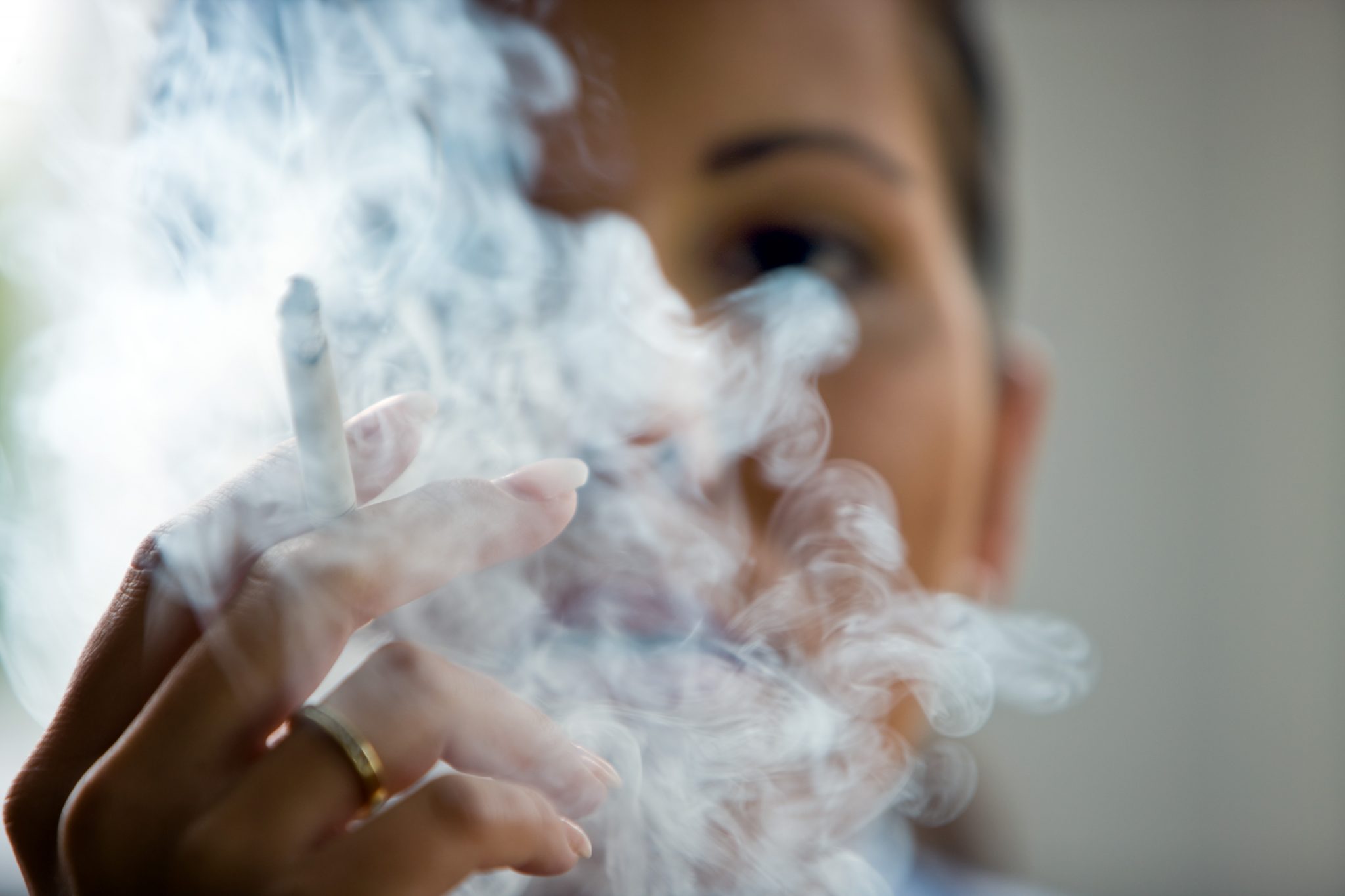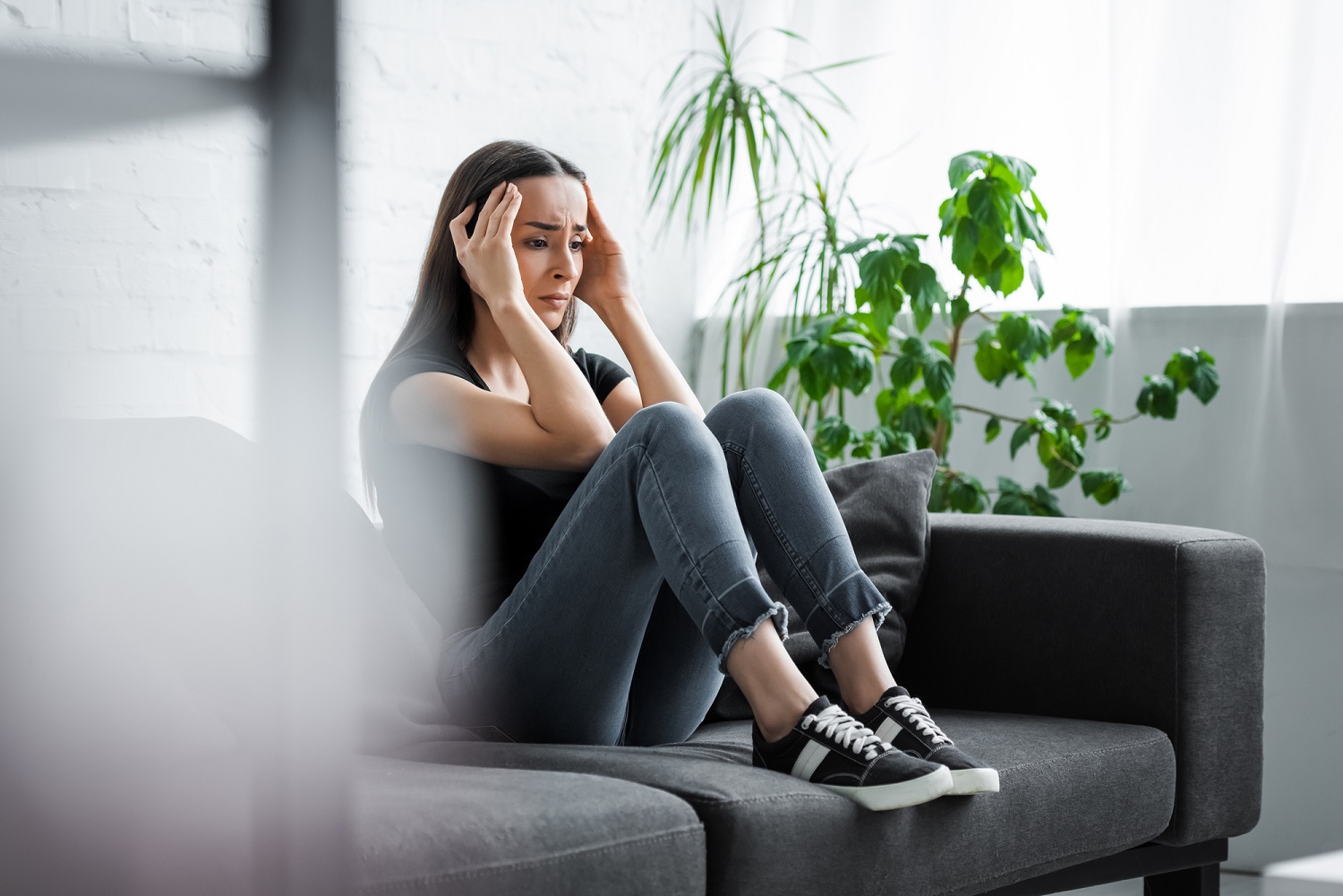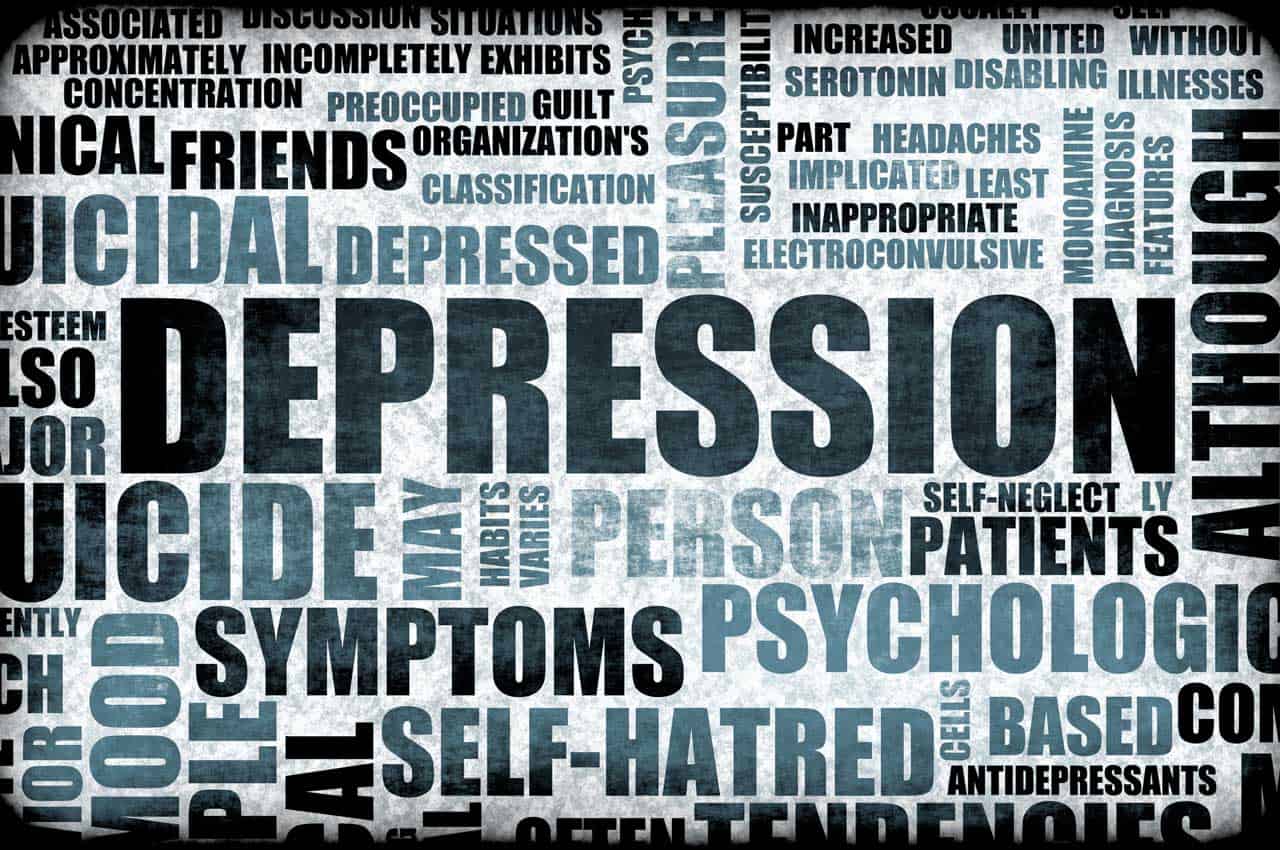It’s 3 a.m., and you’re tossing and turning in bed again. This is the 3rd time this week that you’ve been up past midnight and you just can’t sleep. Soon, anxiety kicks in about your big meeting tomorrow and your alarm is set for 6 a.m. Now, you can feel your heart start to race as you go over all of the “what-ifs” in your mind playing in an endless loop. Finally, you fall asleep for two hours. When the alarm goes off you feel exhausted, anxious, and depressed.
You’ve been counting sheep and drinking chamomile tea but nothing seems to work. You aren’t how much longer you can take this sleeplessness because it’s beginning to affect all areas of your life.
Is it depression with a twist of insomnia or a sleep disorder that’s making you feel depressed?
Does it matter?
Why Quality Sleep Matters
Insomnia is a medical condition where people may find it difficult to fall asleep or stay asleep. They might also wake up too early or struggle to get back to sleep when they awake in the night. Insomnia is linked to many psychological issues – everything from anxiety and depression to increased stress.
Some people who don’t have insomnia could fall asleep just fine if they only created better conditions for better sleep. ‘Junk sleep’ – sleep that is not optimized for health and wellness – can lead to similar issues. When a person doesn’t get enough quality sleep, they aren’t feeding their brain or body what they need to thrive. Hence, it is called “junk sleep,” as in junk food’s low nutritional and energetic value.
Whether insomnia or junk sleep, not being well-rested has many negative effects on our moods, behaviors, relationships with others. When we experience insomnia, the brain reacts differently from how it usually does. Instead of slowing down through the night as we sleep, its activity level remains more consistent, impacting our mental processes and memory. As a result, cognitive skills become impaired, and we can’t think as clearly. Irritability and mistakes become more common, memory worsens, and the speed at which we process things slows down.
The most common issues that can occur are related to stress, depression, and anxiety. Even the smallest problems seem like insurmountable mountains because everything feels more challenging without good quality sleep.
The Link Between Insomnia and Mental Health Disorders
Depression often goes hand in hand with insomnia, meaning people who have insomnia also experience depression. When the sleep issue isn’t addressed, it can lead to other problems like drug and alcohol addictions or self-harm. Plus, when stressed and anxious, our brain produces increased cortisol (the stress hormone), feeding insomnia and mood disorders like depression.
Anxiety is also common, and the causal link between anxiety and insomnia goes both ways – it depends on which came first. The important thing to note is that insomnia and junk sleep can increase the risk of anxiety and worsen its symptoms.
Break The Cycle With Innovative Treatments
Depression, anxiety, and insomnia can take a toll on your physical and mental health. If healthy bedtime routines and meditation aren’t enough to improve the way you feel (and sleep), it might be time to reach out for support. Insomnia and sleeplessness are often signs of depression. Our compassionate team at Bespoke Treatment can help you tease apart your symptoms and create plan for mental wellness and relief. Contact our team today to schedule your evaluation.


